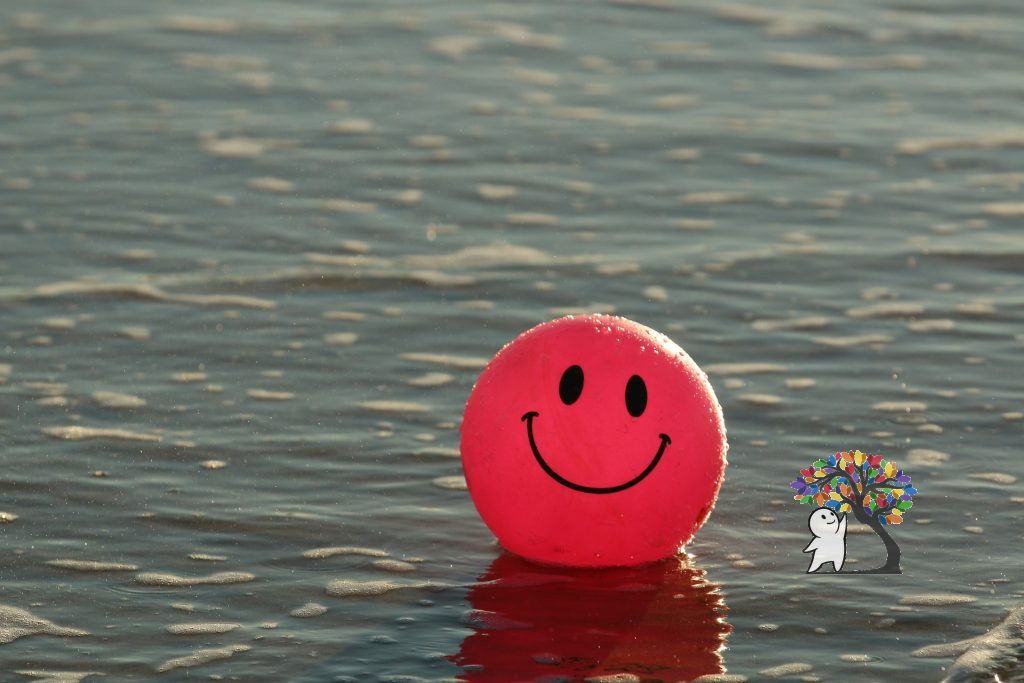Mommy, I’m Gonna Marry Daddy

My ex-best friend once shared with me that she believed she would marry her father. Literally. She told her mother with the upmost earnesty, “Mommy, I’m gonna marry Daddy.” The idea, to me even at that young age, is laughable at the least! Or maybe not. Psychological research shows that we do marry our fathers (or mothers).
There are many arguments on mate selection. One argues that the most attractive man and woman pair together first and drop out of the selection. Then the next most attractive pair up and so on (1991 Weiss). Another suggests that people are attracted to others that have something important in common with them (1991 Weiss). A third states that people choose people who provide need satisfaction (1991 Weiss). However, none of these compares with the attachment theory, which essentially says that your earliest relationships shape how your adult relationships are formed (2014 Streep).
Peg Streep briefly breaks down attachment theory for us in her article, “Why Your Partner May Be Like Your Parent.” There are three categories of attachment. The first is “securely attached children,” who grew up with loving and supportive parents (2014). These people grow up to have a positive self-image and have no trouble looking for new relationships (2014). The second category is  “insecurely attached children,” which grew up with “inconsistently attentive” parents (2014). These people grow up to be anxious (2014). Finally, the third category are “avoidantly attached children,” which grew up with “hostile” parents (2014). Streep also notes that all humans are unconsciously drawn to the familiar (2014). Therefore, however you became attached to your parents will pave the way for future romantic relationships. However, you might wonder how much of your childhood really affects your adulthood.
“insecurely attached children,” which grew up with “inconsistently attentive” parents (2014). These people grow up to be anxious (2014). Finally, the third category are “avoidantly attached children,” which grew up with “hostile” parents (2014). Streep also notes that all humans are unconsciously drawn to the familiar (2014). Therefore, however you became attached to your parents will pave the way for future romantic relationships. However, you might wonder how much of your childhood really affects your adulthood.
Robert Weiss argues that childhood attachment and adult attachment have similar processes (Attachment Across the Lifecycle Weiss). He notes that there is a similarity in emotional characteristics between the two types of attachment. For example, the feelings of arousal are similar and so, are the motivations behind the bonds (Weiss). Thus, we are dealing with a modified version of the same emotional system from childhood when we discuss adult relationships. Weiss also notes that there is a “generalization of experience.” Here, he provides the example of an adult who has trouble forming romantic relationships because their parents were divorced when they were a child (Weiss). Last, Weiss suggests that romantic relationships form when the parent-child relationship is essentially non-existent. Per Weiss, this follows the idea that adult attachment systems are a later stage of childhood attachment systems (Weiss). In sum, this evidence suggests that it is highly unlikely that adult relationships are separate from childhood relationships.
has trouble forming romantic relationships because their parents were divorced when they were a child (Weiss). Last, Weiss suggests that romantic relationships form when the parent-child relationship is essentially non-existent. Per Weiss, this follows the idea that adult attachment systems are a later stage of childhood attachment systems (Weiss). In sum, this evidence suggests that it is highly unlikely that adult relationships are separate from childhood relationships.
My ex-best friend was not so far off when she told her mother that she was going to marry her father. The relationships you make with your parents as a child unconsciously define how you will create romantic relationships with others. So, if you’re looking at your significant other and wondering how lucky (or unlucky) you are to have married your father or mother, you can thank your childhood.![]()
![]()
Read more on Attachment Theory here: http://localhost:8888/test/attachment-theory-relationships-whats-style/ & http://localhost:8888/test/attachment-theory-relationships/
![]()
![]() Works Cited
Works Cited
Streep, P. (2014, May 13). Why Your Partner May Be Like Your Parent. Retrieved April 6, 2017, from https://www.psychologytoday.com/blog/tech-support/201405/why-your-partner-may-be-your- parent
Wiess, R. (n.d.). The attachment bond in childhood and adulthood. In Attachment Across the Lifecycle (pp. 66-77). New York, NY: Routledge.




[…] becomes more of an elusive thing than a solidified idea. I remember struggling with writing “Mommy, I’m Gonna Marry Daddy: Why Our Romantic Partners are Like Our Parents.” I was totally unmotivated to write the article. The topic seemed trivial and overwritten to me. […]